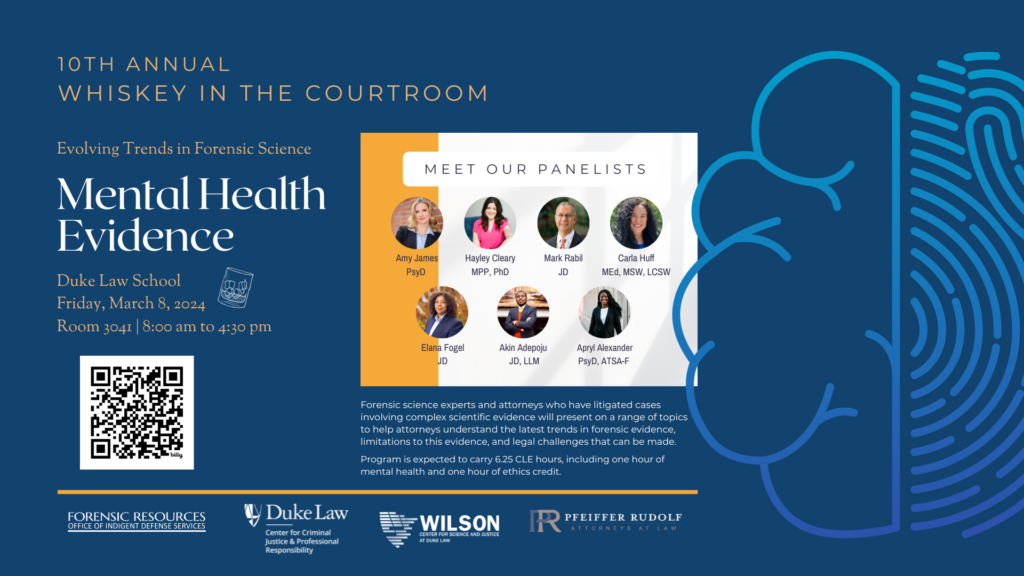Offered by Wake Forest University School of Medicine and Northwest AHEC This activity is meant to inform and educate partners and learners in the medicolegal death investigation field about the North Carolina Medical Examiner’s system and its role in death investigations. Topics covered will include recent changes in the practice and guidelines for the North …
2024 Western North Carolina Death Investigation ConferenceRead More

